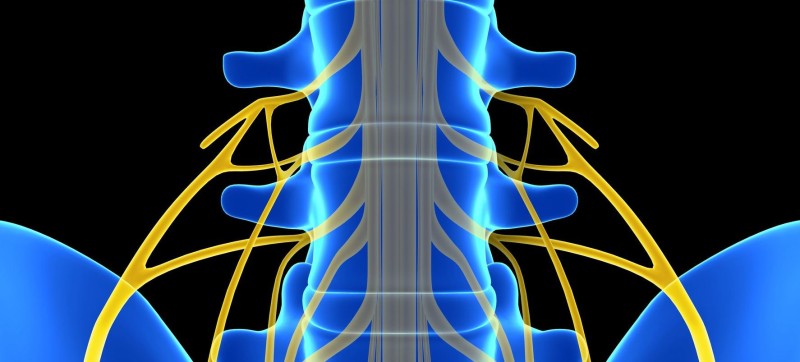Spinal Stimulation Grant Awarded To Twin Cities Researchers
Category: Nerves | Author: Stefano Sinicropi

Spinal stimulation is a relatively new treatment method that is being championed by some as the next big breakthrough in spinal care. And if researchers have it their way, the next big advancement in our understanding of the treatment will come out of our own backyard. That’s because a recent state grant to study epidural spinal cord stimulation was just awarded researchers at the University of Minnesota and Hennepin County Medical Center.
The innovative surgery involves inserting a small device along the spine. The device then relays electrical impulses from the brain to other areas of the body, and clinical trials in other states have shown that some people outfitted with the device were able to move previously paralyzed muscles.
Leslie Jablonski, mother of Jack Jablonski and member of the BEL13VE in Miracles Foundation, says she’s optimistic about the future of epidural stimulation implantation.
“It’s just so obvious that this epidural stimulation implant is the way to go,” she said.
Research Showing Results
According to Jablonksi, the device has helped some patients in other states regain partial use of lost functions. The device has helped some patients regain:
- The ability to regulate body temperature
- Bladder and bowel function
- Sexual function
- Limb movement
- Partial weight bearing
The technique works similar to an epidural injection a woman receives during pregnancy. Instead of delivering anesthesia to reduce the pain, this device sends electricity to excite the nervous system. Not only will it relay electrical signals, but after a while, it actually improve functions, so that a person may experience some movement even if the device is turned off.
The revolutionary technology is still in its infancy, but soon surgeons at the University of Minnesota and HCMC will be implanting the stimulators in patients and observing their outcomes. This was made possible by a state research grant that will provide each center with $125,000 per year for research into spinal cord and traumatic brain injury research.